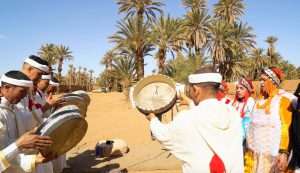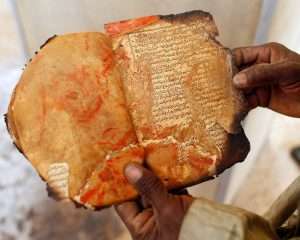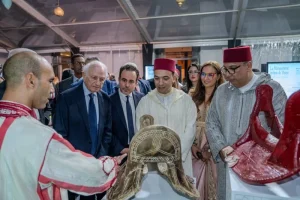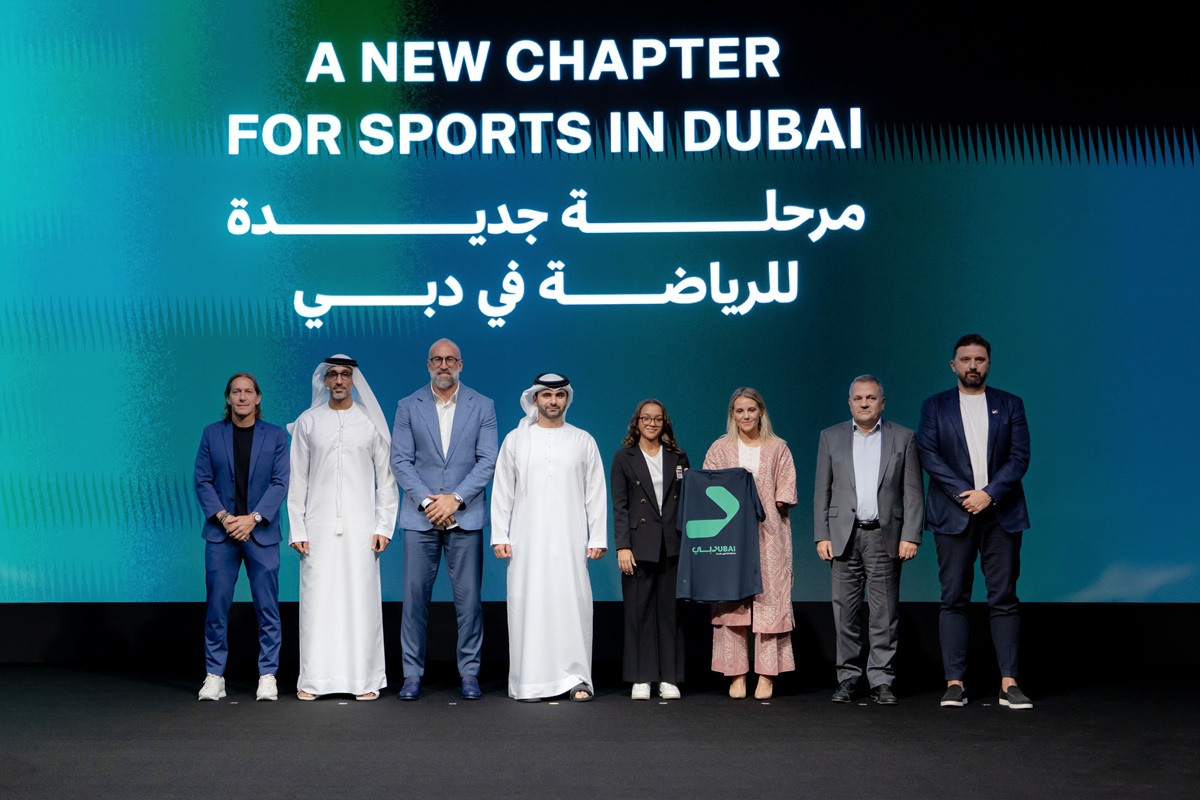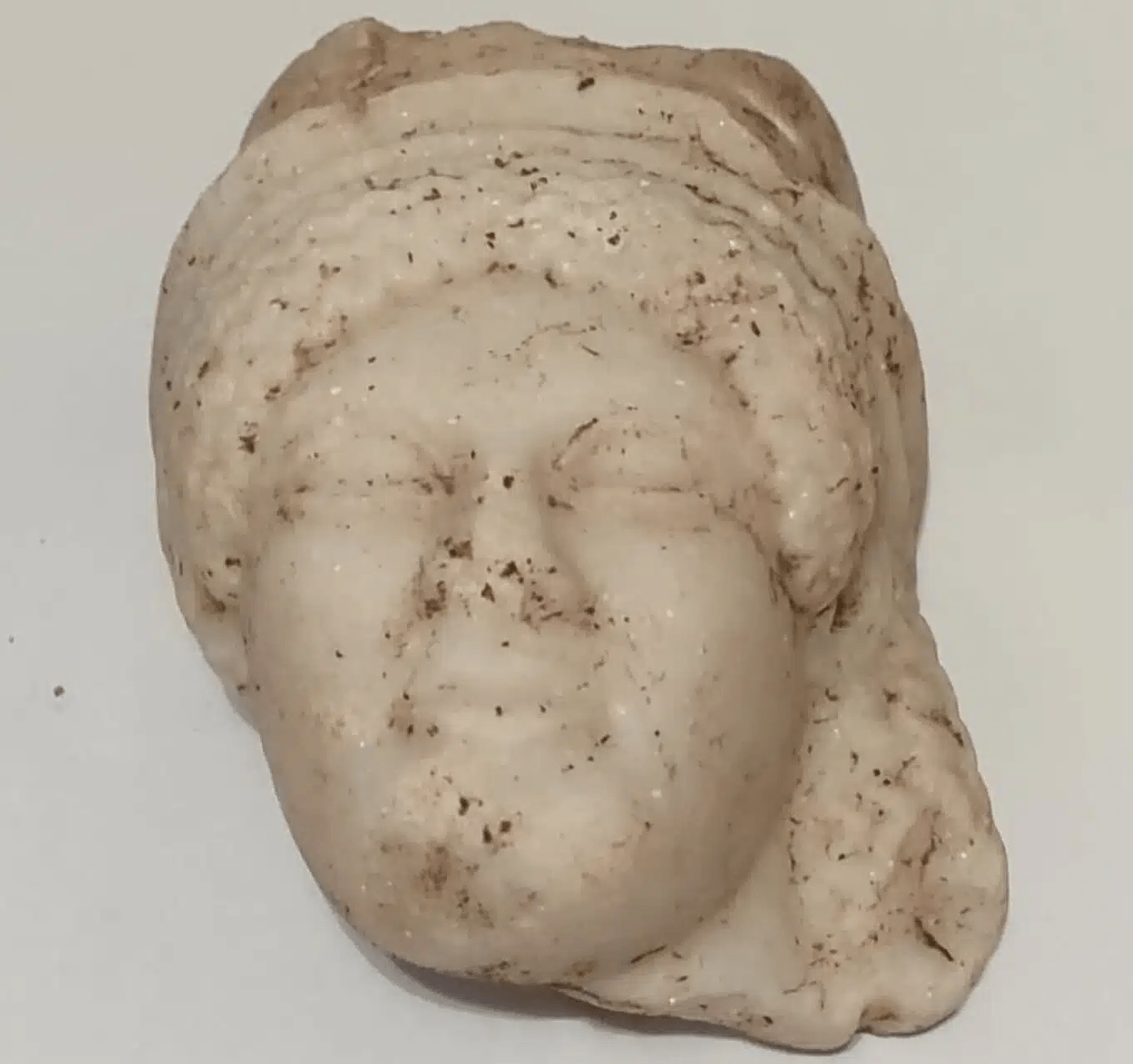Morocco: To legalise, or not to legalise cannabis
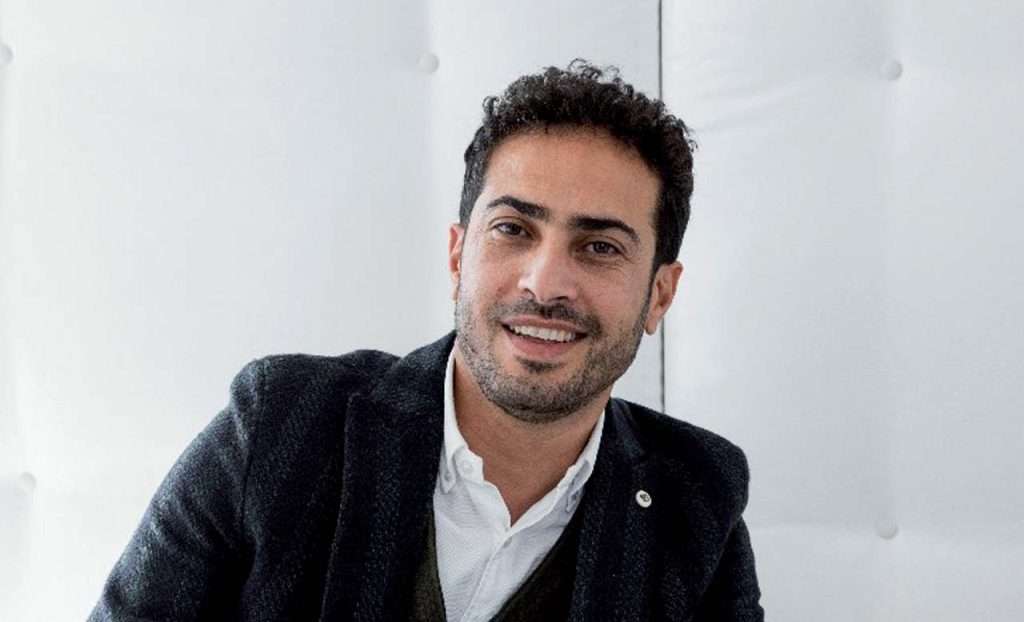
Morocco legalised cannabis, but cannabis remains illegal in Morocco. Despite the country’s regional traditions of smoking hash, the recreational use as well as the growing and trading of marijuana on and off of the black market is forbidden for Morocco’s citizens and can be a highly criminal offence. However, in 2021, the government saw an opportunity to burst into the global pharmaceutical market but signing agreements and granting job security for cannabis farmers, provided they sold their harvests to the government for international exportation. Although the government’s scheme removes some farmers from the ongoing black market trade, many farmers are urging the government to consider legalising cannabis for recreational use as their profits have significantly reduced since opting to work with the authorities rather than the black market. Anthropologist and expert of the economics of cannabis, Professor Khalid Mouna explains the effects of the government’s partial legalisation of cannabis in Morocco.
Maghrebi: What does Morocco gain from legalising cannabis for cultivation and exportation, whilst continuing a nationwide crack down on drugs?
Mouna: There’s an easy and a difficult answer. Because Morocco is the first and biggest country in the world with the most [cannabis] production…the legalisation is not just in the country’s economic interests – it’s political. It gives them the possibility of more control in the Rif region…the interior ministry manage this project.
Maghrebi: Has the legalisation law affected Moroccans attitudes towards the government or palace?
Mouna: No, I think in Morocco we have different treatments of the cannabis because in the North, the people have the tradition of smoking the cannabis…it’s very normal in the north…in Tetouan or Tangiers people can consume the cannabis without any problem. The policemen who’re working the streets see this everyday. But in the bigger cities like central Rabat, Casablanca…and Marrakesh, it is very different attitude towards cannabis in the city…Generally we have not the cannabis but we have the “subsei”. The subsei is the Moroccan tradition, so you can observe the people who consume this…but usually it is the old men, it’s not the young people.
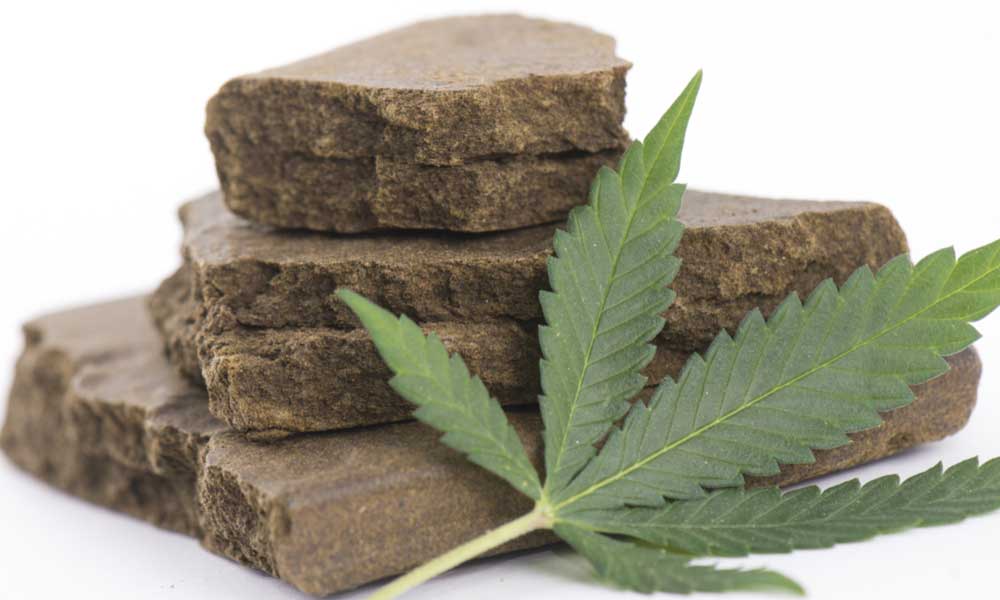
The problem is that legalisation doesn’t have any impact on the Moroccan people…we have had in the past some agricultural aspects of legalisation. Before the legalisation there were two groups in the north: the young people from the region who have good degrees, have been to university, etc…but it’s not the Moroccan vision for the people.
READ: Morocco pursues place in global cannabis market
Maghrebi: Is police tolerance for cannabis smoking divided by social class?
Mouna: Yes, but it’s not just for the cannabis…If we took cocaine, for example, it is the drug of the upper class because its very expensive…it’s not available to all markets. The cannabis/marijuana has a specific history in the world, in ancient states…Marijuana was the drug for controlled minority groups such as Latinos and Black people. In Europe it’s controlled and legal in some places. But in Morocco specifically, it’s not the people but the region…so the cannabis was the instrument for control in the northern region…and this brings stigmatisation.
Maghrebi: Various sources declare that the majority of Northern cannabis farms are owned by the Moroccan elite – is this true?
Mouna: Yeah. I wrote about this in my last book…the economy and power in Rif. It’s the reality in this region so the media or even when some people speak about the cannabis from the north, there is this division between different groups, and you have this elite. It’s a business…so yes it’s true because we have small groups of businesses and then the elite who have more control in the cannabis economy but I think the problem is – if you can speak about it – I know that the cannabis need this group because the elite have the contacts, the networks, the relationships with some people who are powerful within the mafia or who are hugely successful in the cannabis markets. So we have three groups in this region: we have the poor farmers who have small bits of land, etc., and then the middle class – the class that live in good conditions, and then e have the small group where the person has lots of land, power, contacts, and different resources. When I speak about resources, I speak about the water and land. So person three has the right instruments and conditions to grow cannabis. Water, land, and relationships.
Maghrebi: Do the government or the palace see the black market as a huge threat?
Mouna: The relationship with legalisation? I think that a good example is the Netherlands. The government from the Netherlands is very pragmatic. The idea about the legalisation is not to stand against the black market but you can lead the new market and with this strategy you can reduce the space for the black market. In Morocco, now it’s difficult…now in the world there is legalisation where countries take this direction of recreational use, like in Germany…the country from the North have these politics for legalisation for recreation because they have more control and policing etc. In Morocco the strategy is very diffident, the strategy is about the cannabis for the pharmaceutical markets. But the problem with the pharmaceutical markets is that it’s very closed. You have some company who have the monopoly…and then there’s the industry. But for the industry you need the money and more exercising in these activities. It’s not easy, it’s a good idea but it’s not say if you don’t have the instruments for this transition. And we have the cannabis for medical purposes…The problem is that Morocco has the condition but not the good policy for the legalisation for this.
Maghrebi: Do you believe that Morocco would ever fully legalise cannabis for recreational use?
Mouna: Maybe? Well because it’s not allowed in this world…the different farms in this region have the same vision but not for the industry or for recreation because…the main problem with the cannabis is for the medical purposes…such as to treat schizophrenia.
READ: Spain and Morocco seize over 2 tonnes of cannabis
Maghrebi: Morocco’s relationship with Algeria is already rocky, how does the semi-legalisation of cannabis affect their relations further?
Mouna: It’s normal. The history between Morocco and Algeria is difficult because the border between the two countries was open for ten years, I think…
I mean, it’s true that you have the cannabis from Morocco in Algeria and other different countries that neighbour Morocco but the problem is that when you close the border you allow the different groups working in trafficking more easy situations because of the cannabis’ power, it doesn’t matter whether the border is open or closed. Also, from working with different groups in the north and working with some Algerian people, it’s the interregional organisation that work with Moroccan groups, Algerian groups, Libyan, Tunisian, etc, Morocco is just the land for activity…in the past we had the cocaine rise in Morocco…but when they spoke about this they said “No, the cocaine is from Algeria.”…It’s not good when these governments speak about each other…With drugs, sometimes it’s the officials who working in the drug networks and trafficking.
Want to chase the pulse of North Africa?
Subscribe to receive our FREE weekly PDF magazine





